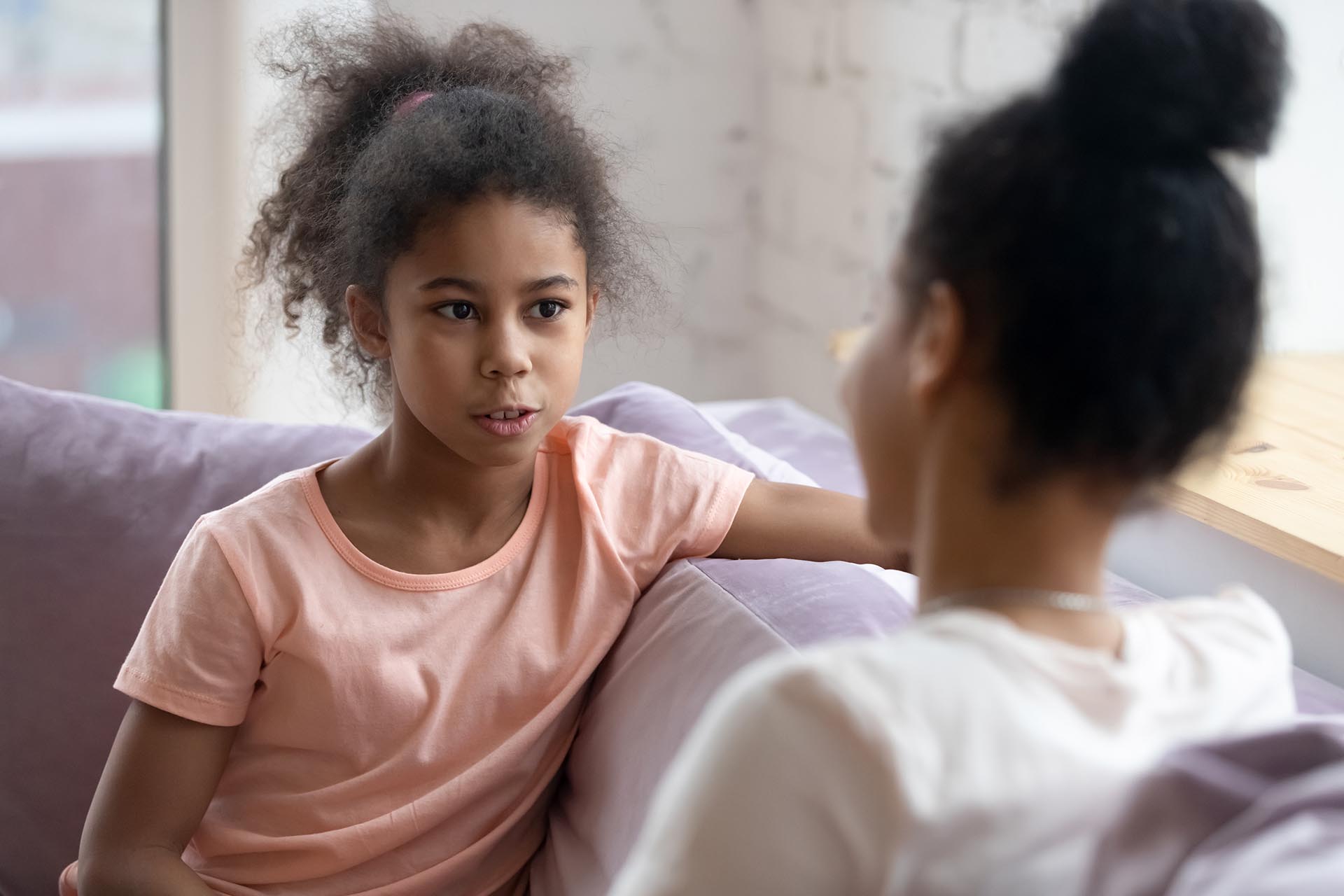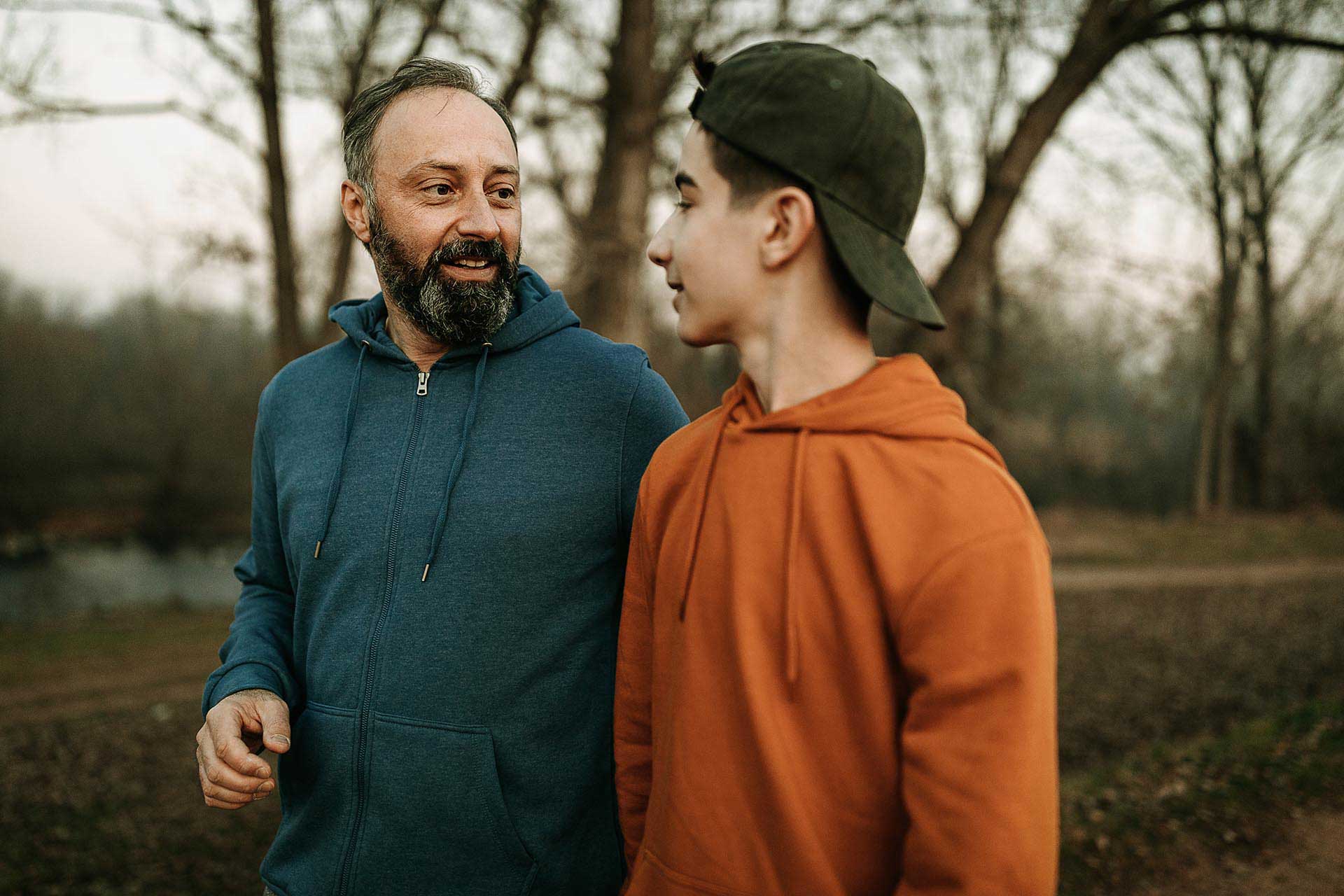The do’s and don’t’s of the sex talk with your teen
Consent
DO: Explain that enthusiastic consent has to be given from both parties: them and their partner and that it it is each person’s responsibility to seek consent from their partner.
DON’T: Forget to talk about the other important aspect of consent: how to give and respectfully receive a ‘no’.
Birth Control
DO: Explain the different options of hormonal and non-hormonal birth control options to teens of all genders, not just girls.
DON’T: Presume that because your teen is asking about going on hormonal contraception that they’re having or are about to have sex. Hormonal birth control can also be used to help with severe periods and acne, among other things.
Condoms
DO: Explain that it’s always important to use condoms even if your teen or their sexual partner is on hormonal contraception, as they will protect them from STIs.
DON’T: Forget to mention that condoms expire! They always need to check the label.
Dating
DO: Start talking about sex, consent, pleasure and safety from about 13 even if your young person isn’t dating or showing an interest in dating anyone (that you know of!).
DON’T: Always use your teen and their boyfriend/girlfriend/romantic interest as the example when chatting about these topics. Talking about peers, friends and other people more abstractly can take the pressure off.
DON’T : Say ‘So, have you and your boyfriend/girlfriend/NB-friend done “the deed” yet?
DO: Say ‘So I remember it was around this age that some of my friends became sexually active. Are any of your peers starting to get into sexual stuff?
Desire and Pleasure
DO: Talk about how sex should be fun and pleasurable. If it isn’t, or especially if it hurts – that’s a sign that the timing/situation/person they’re with may not be right for them right now, or that they need to communicate better and take things slower.
DON’T: Presume your teen will or won’t want to be having sex because of their gender. Some girls will really want to, and some boys won’t at all. Some people never feel desire to have sexual relationships.
First times
DO: Talk about how sex is more than just penis-in-vagina intercourse, and so there are all kinds of ‘first times’ to be had (and can we all agree to scrap terms like ‘virginity’, ‘sexual debut’, ‘taking your flower’ and ‘popping the cherry’?).
DON’T: Put pressure on their first time(s) by saying it has to be special and with the perfect person. For many people, this won’t be the case, and that’s okay. Focus on the importance or respect and consent, rather than a ‘perfect’ moment.
DO say: ‘I know you already know about intercourse where a penis goes into a vagina. But what about other kinds of sex? Do gay people still have sex if there is no traditional intercourse? It’s always important that you trust and respect the person you’re sexually active with, but remember, there can be all kinds of ‘first times’, and it’s okay if one or some of them aren’t perfect.
DON’T say: ‘You’re coming to an age where you’ll think about losing your virginity. This should only be with a special someone; don’t let just any boy pop your cherry.’
The risks
DO: Talk about how sex comes with responsibility because of the risks involved, and they need to feel emotionally mature enough to handle those responsibilities.
DON’T: Try to use fear tactics to stop them from having sex. Definitely explain all the risks, but don’t deliberately try to scare them.
Sexting
DO: Explain the risks that are involved with sexting, both socially and legally, but also that they can always talk to you and you’ll always support them if something happens.
DON’T: Take their phone away from them as punishment if you do find evidence or suspect that they’ve been sexting.
Abstinence
DO: Talk about how there can be a lot of pressure from peers and the media to be sexually active, but they should only ever do so if they want to – without coercion or external pressure. And that it’s okay to never want to have sex.
DON’T: We say don’t tell them that they shouldn’t or are banned from having sex until they’re a certain age (or married). At the end of the day, it should be their decision. However, we appreciate sometimes religion and culture can impact expectations with this.
'Other' sex acts
DO: Talk about how sex isn’t just penis-in-vagina intercourse (this is particularly important to make your child feel seen if they’re queer) and talk about ‘sex-lite’ options such as kissing or touching that they can do if they don’t feel ready for bigger acts.
DON’T: List all the other kinds of sexual acts they can do. They don’t need this information at a young age. That being said, you might want to talk about the rising pressures today to engage in things like oral and anal sex.
Further reading
- Talking to your child about porn: age-appropriate conversation starters
- How to keep your child safe on the internet (including games and social media)
- Scarleteen (‘Sex education for the real world’)
- The Line (sex, dating and relationships)










